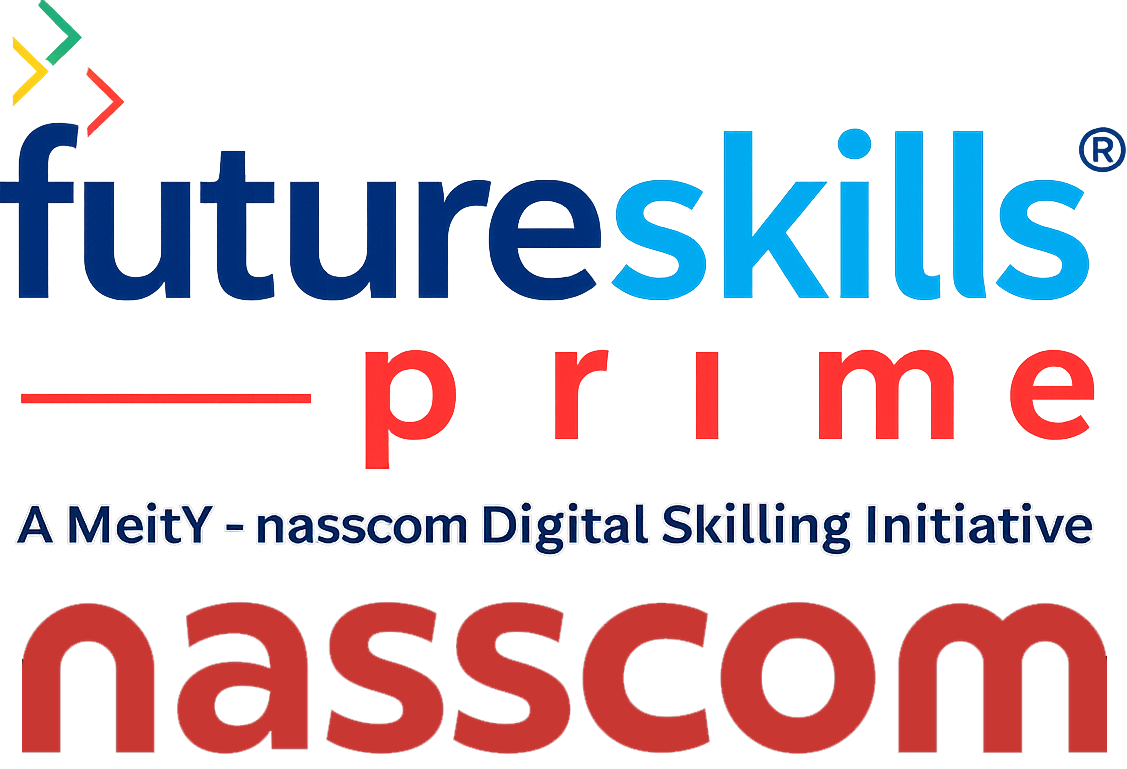Data science has become a widely discussed and sought-after field in recent years. With its ability to extract insights and drive decision-making, data science has transformed industries across the globe. However, along with its popularity, several myths and misconceptions have emerged. In this article, we will debunk ten common myths about data science, shedding light on the reality behind this dynamic discipline.
Top 10 Myths Of Data Science
Myth 1: Data Science is Only for Experts
Contrary to popular belief, data science is not exclusively reserved for experts or individuals with advanced technical backgrounds. While proficiency in mathematics, statistics, and programming can be beneficial, anyone with a curious mind and a willingness to learn can embark on a data science journey. Numerous online resources, courses, and tutorials cater to beginners, enabling them to acquire the necessary skills and start applying data science principles in their respective domains.
Myth 2: Data Science is All About Coding
Although coding plays a significant role in data science, it is not the sole focus of the field. Data science encompasses a broader spectrum of activities, including data collection, cleaning, visualization, and analysis. While coding skills are undoubtedly valuable, a data scientist’s toolkit involves a combination of technical expertise, analytical thinking, and domain knowledge to derive meaningful insights from data.
Myth 3: Data Science is a Predictive Crystal Ball
While data science can uncover patterns and trends, it is not a crystal ball that predicts the future with absolute certainty. Predictive models and algorithms are designed to estimate outcomes based on historical data, but they are subject to limitations. Factors such as unforeseen events, changing market conditions, or incomplete data can influence the accuracy of predictions. Data science should be seen as a tool that aids decision-making rather than a source of infallible prophecies.
Myth 4: Data Science Can Solve Any Problem
Data science is a powerful discipline, but it does not possess a universal solution for all problems. Each problem domain requires careful consideration and domain-specific knowledge to formulate appropriate models and algorithms. Data scientists collaborate with subject matter experts to identify relevant variables, define problem statements, and develop tailored approaches. Understanding the context and nuances of a problem is crucial for effective problem-solving using data science techniques.
Myth 5: Data Science is Just Statistics
While statistics forms the foundation of data science, the field encompasses much more than statistical analysis. Data scientists utilize a wide range of techniques and methodologies, including machine learning, deep learning, natural language processing, and data visualization. These tools enable them to extract insights, make predictions, and discover patterns that extend beyond traditional statistical methods.
Myth 6: Data Science Eliminates the Need for Domain Knowledge
Data science is not a substitute for domain knowledge; instead, it complements it. Having a deep understanding of the subject matter is vital to ask the right questions, interpret results, and make informed decisions. Data scientists work closely with domain experts to incorporate their insights and expertise into the analysis process, ensuring that the outcomes align with the specific requirements and objectives of the domain.
Myth 7: Data Science is a One-Person Job
While data scientists often possess a diverse skill set, data science projects typically involve multidisciplinary teams. Collaboration among professionals with varied expertise, such as data engineers, data analysts, and domain specialists, enhances the overall quality of data science initiatives. Each team member contributes their unique perspective, fostering a holistic approach to problem-solving and enabling the extraction of valuable insights from complex datasets.
Myth 8: Data Science is Time-Consuming and Expensive
While data science projects may require time and resources, advancements in technology and the availability of open-source tools have made the process more accessible and cost-effective. Cloud computing platforms provide scalable infrastructure, reducing the need for extensive hardware investments. Additionally, the open-source community has developed numerous libraries and frameworks that streamline data science workflows, facilitating efficient analysis and reducing project timelines.
Read Full Blog – What to Expect from a Data Science Course
Myth 9: Data Science is Only for Big Companies
Data science is not limited to large corporations with substantial resources. Organizations of all sizes and industries can leverage the power of data science to gain insights, optimize operations, and improve decision-making. Small businesses can start by focusing on specific use cases or outsourcing data science tasks to specialized service providers. By harnessing the potential of data science, companies can unlock new opportunities and drive growth regardless of their scale.
Myth 10: Data Science Results are Always Accurate
Data science models are built upon assumptions, and the quality of results depends on various factors such as data quality, model selection, and algorithmic implementation. While data-driven insights provide valuable guidance, they should be considered alongside other factors and expert judgment. Data science is an iterative process that involves continuous monitoring, validation, and refinement of models to ensure their accuracy and relevance.
Conclusion
As data science continues to shape our world, it is essential to dispel common myths and misconceptions surrounding the field. Data science is a multidimensional discipline that combines technical expertise, domain knowledge, and analytical thinking to unlock valuable insights from data. By understanding the realities behind these myths, individuals and organizations can harness the power of data science more effectively and make informed decisions.





